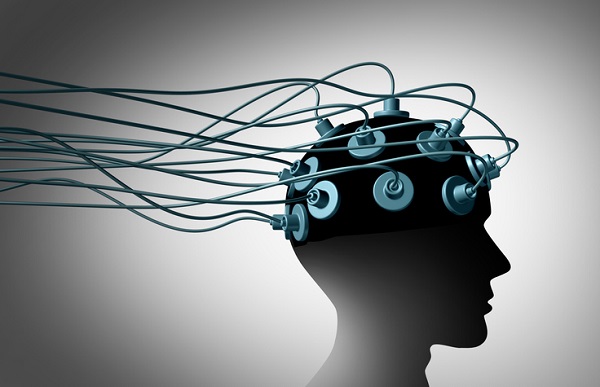Telepathic Driving? What You Should Know if You’re Interested in Auto Mechanic Certification

It may sound like something out of a sci-fi movie, but recent developments have the automotive world buzzing about technology that could give a whole new meaning to hands-off driving. That’s because telepathic driving may be closer to becoming reality than you may realize. Furthermore, researchers and auto manufacturers think this mind-controlled driving could be the key to making autonomous cars more enticing for consumers.
If you’re interested in becoming an auto mechanic, read on to find out what you should know about this exciting technology, which might one day be coming to a car near you.
Auto Mechanics Might Be Interested in the Science Behind Telepathic Driving
Although it may sound outlandish, telepathic driving is actually more possible than you might think. In fact, how we think may be how we unlock this futuristic technology!

Telepathy Can Change the Way People Think About Autonomous Driving
Beyond safety, telepathic driving could also help fuel the growth of autonomous cars. One of the biggest barriers to autonomous driving is public perception. Autonomous driving often feels impersonal to many people because it shifts control from people to machines. Telepathic driving has the potential to offer a happy medium between robot-controlled cars and human-controlled cars.
Autonomous driving systems are meant to keep drivers and passengers safe on the road. As students in auto mechanic college may know, automotive safety is one of the biggest issues in the industry today, and manufacturers are turning to the latest technology to help improve the overall safety of their vehicles.
While telepathic driving may not be coming to a garage near you anytime soon, it still represents exciting progress towards driver and automotive safety.
Are you interested in a rewarding career in the automotive industry?
Contact Automotive Training Centres for more information about earning your auto mechanic certification.

